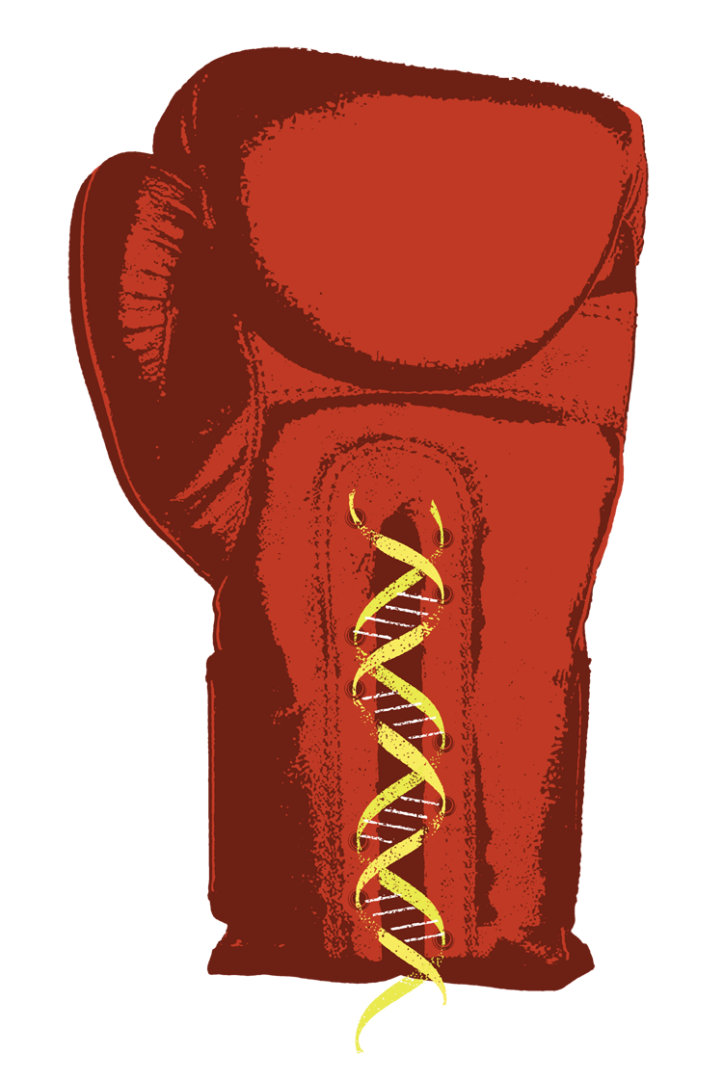Why Innovative Research
Cancer is the #1 cause of disease-related death in children.
Despite advances, most pediatric cancer treatments remain highly toxic and have not changed in decades.
The major funding mechanisms for cancer research promote “incrementalism” rather than innovation.
Pediatric research in particular is consistently shortchanged.
We live in an age of unprecedented technology and scientific promise. Now is the time to harness these advances in the fight against pediatric cancer.
According to a publication by the National Academy of Sciences, Making Better Drugs for Children with Cancer, “If the discovery and development of new agents for childhood cancers were to capitalize on today’s science-which in large measure it does not-there is every reason to believe that cure rates could be improved for all pediatric cancers, including those for which current long-term survival is very low…”
The Jake Wetchler Foundation’s goal is to support scientists who can bring the brightest ideas and game-changing technologies to pediatric cancer research.
[ 1 ] Making Better Drugs for Children with Cancer, National Academy of Science 2005
[ 2 ] Ries LAG, Smith MA, Gurney JG, Linet M, Tamra T, Young JL, Bunin GR (eds). Cancer Incidence and Survival among Children and Adolescents: United States SEER Program 1975-1995, National Cancer Institute, SEER Program. NIH Pub. No. 99-4649. Bethesda, MD, 1999.
[ 3 ] Maria Hewitt, Susan L. Weiner, and Joseph V. Simone, Editors, Childhood Cancer Survivorship: Improving Care and Quality of Life, National Research Council 2003
[ 4 ] NIH Paylines and Success Rates, http://www.einstein.yu.edu/ogs/NIHInfo/paylines.htm
[ 5 ] Forty Years’ War: Grant System Leads Cancer Researchers to Play It Safe, NY Times, June 27, 2009
[ 6 ] Investing in Early-Career Scientists and High-Risk, High-Reward Research, American Academy of Arts & Sciences 2008
